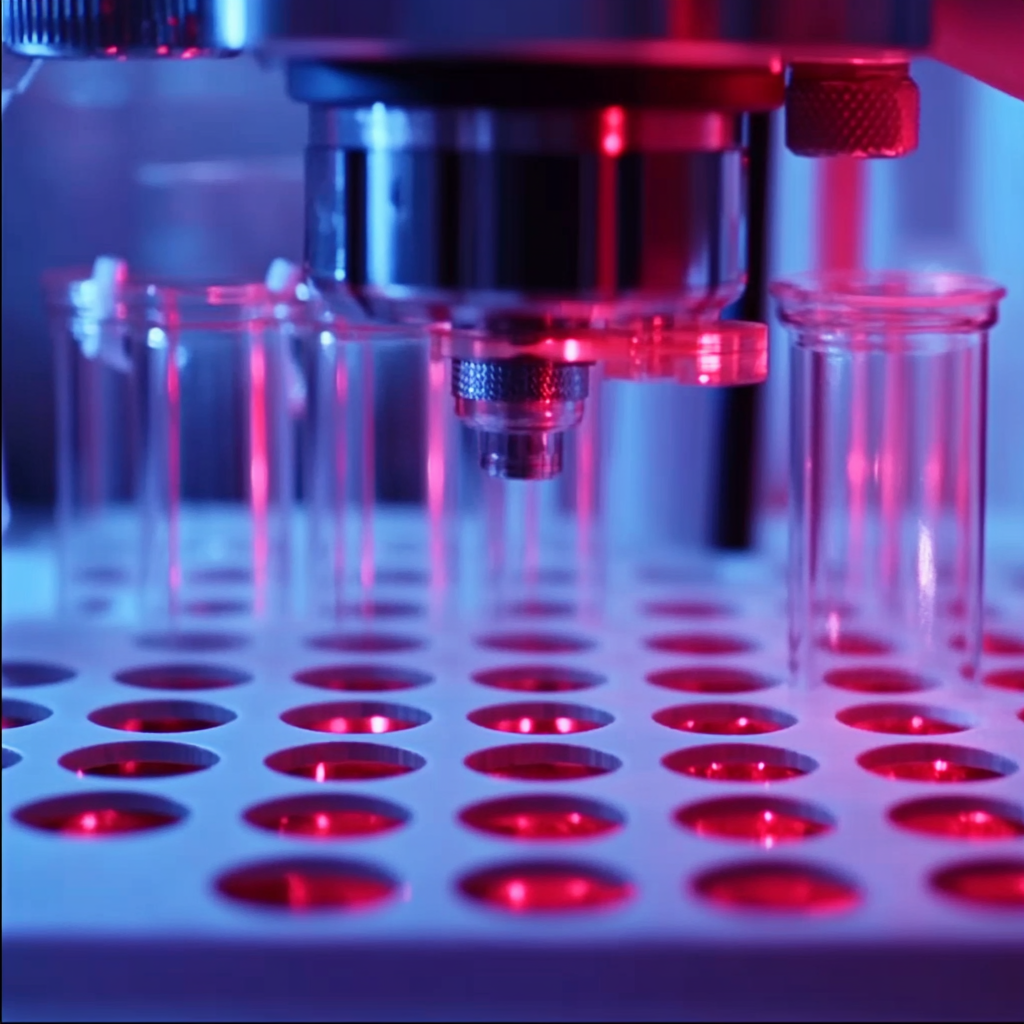Understanding the Trial Results
The study looked at how a probiotic called Limosilactobacillus reuteri, when combined with non-surgical periodontal therapy, affects patients with stage III-IV periodontitis. Here’s what they found:
- What Worked: Both the test group (with probiotics) and the control group (without probiotics) showed improvement in periodontal health. The test group had a notable reduction in attachment loss after 6 months.
- What Didn’t Work: The addition of L. reuteri did not lead to direct improvements in clinical indicators, such as overall gum health scores.
- How This Helps Patients: The probiotic may help change the bacteria in the mouth, which can enhance the effectiveness of periodontal treatments.
Real-World Opportunities
- Clinics can consider adding probiotics like L. reuteri to their periodontal treatment plans to improve patient outcomes.
- Doctors can monitor changes in the microbial composition of patients’ mouths to better tailor treatments.
Measurable Outcomes
- Track improvements in periodontal health, such as attachment loss and pocket depth.
- Monitor changes in the types of bacteria present in saliva and subgingival biofilms.
AI Tools for Clinics
- Clinics could use AI-based tools to analyze microbial samples and predict treatment outcomes based on the bacterial composition.
Step-by-Step Plan for Clinics
- Start Small: Introduce L. reuteri in a limited number of cases to observe effects.
- Monitor Progress: Use baseline measurements and follow-up assessments at 1 and 6 months.
- Expand Gradually: If results are positive, consider integrating probiotics into more treatment plans.



























